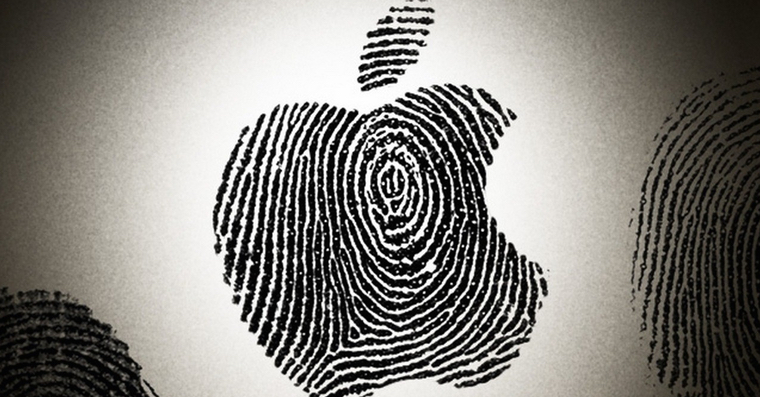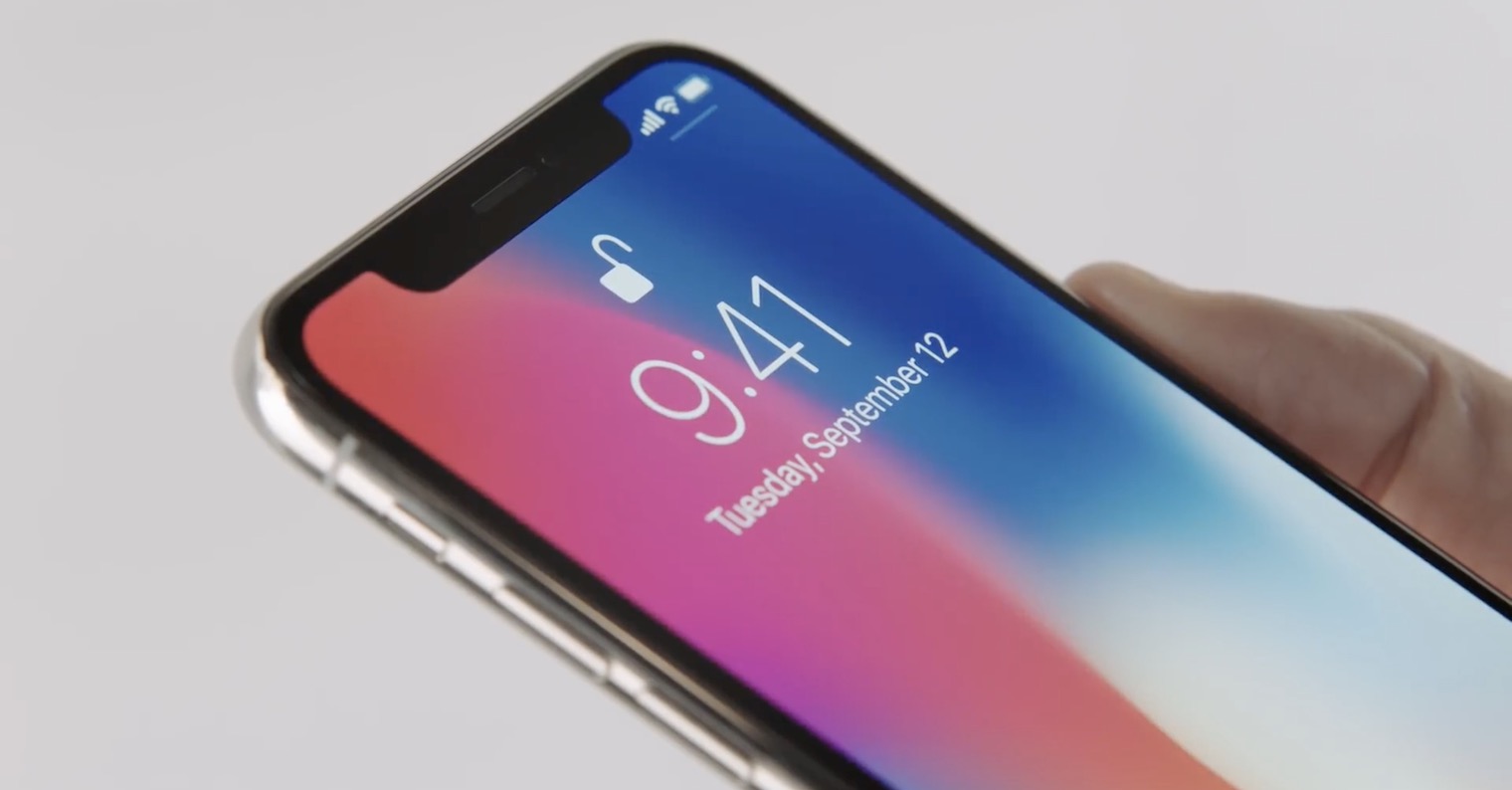Users of the iPhone X and later have gotten used to it somehowi to the convenience of unlocking your phone or paying with Face ID. The face detection technology works great here and although I personally see the benefit especially in the possibility of using it for Motion Capture, for many it is more of a solution to increase security. Well, while Apple cares about preserving user privacy, other manufacturers do always pay doesn't have to However, it may soon be different if these manufacturers want to sell their solutions on the territory of the European Union.
It could be interest you

The latter is preparing new legislation, thanks to which providers of similar solutions such as Face ID would have to comply with strict rules on privacy protection, such as GDPR. The Union is aware of lower compliance with these rules in other regions including for example USA, where for example last year, a database of sensitive data of game journalists and influencers was leaked online, and the whole issue was resolved with an apology. In China, they immediately introduced a point system like something out of dystopian science fiction. That many companies are accommodating the local government only highlights the differences in privacy protection between Europe and the Asian powerhouse.
And what is the European Commission actually considering? A new regulation is expected to be introduced in mid-February that would force manufacturers of facial recognition products to strictly adhere toí measure, which currently represents for example GDPR. It doesn't look like the legislation will affect the functionality of Face ID on iPhones under the EU, however, it may cause Apple to lose its exclusive position as a manufacturer that cares about user privacy. Virtually every manufacturer would be new, whose products shouldy be of useyes in member countries.
It could be interest you

The co-director of the German think tank Stiftung Neue Verantwortung Stefan Neumann stated in connection with the legislation that we are facing an unprecedented risk of loss of privacy and that if it were not for regulation, anonymity in public would completely disappear. It should also be added that up to a third of all cameras on the market are supplied by the Chinese company Hangzhou Hikvision Digital Technology Co. and Zhejiang Dahua Technology Co., which also oversee the London Underground, according to Deutsche Bank AG.
The regulation envisages that in order for a device to be certified for use in Europe, the manufacturer must submit detailed documentation of its solution, including the program code and the accuracy of the technology. Although technologies are gradually improving, they can fail in some cases. For example, when Microsoft first released the Kinect motion sensor in 2010, the camera failed to identify dark-skinned people in low-light conditions. Tato bug was later fixed.
Of course, not only the manufacturers, but also the companies that use these technologies should share how facial scanning works. It can also be expected that the society that he would commity offenses would be sanctioned. Attractions také is that the original version of the regulation included a ban on the use of sensors in public spaces, but now it seems that this point has been deleted. This is because there is a conflict between the protection of privacy and the protection of residentsl from criminals.

Source: Bloomberg
Oh yeah, but… I trust Apple a bit more when it's their policy from the start… But Google and Chinese brands can't be trusted even with certification, so I don't know if that will help.